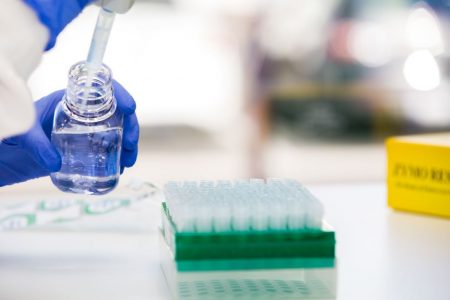- Home
- About
- Our product lines
- Microbial Ingredients
- Human Health
- Skin Health & Personal Care
- Animal Health & Performance
- Quality Solutions
- Solutions we deliver
- Genomics
- Microbiology
- Advanced bioinformatics & biostatistics
- Microbiome expertise
- Regulatory affairs
- Lab products
- Events & Education
- Contact















